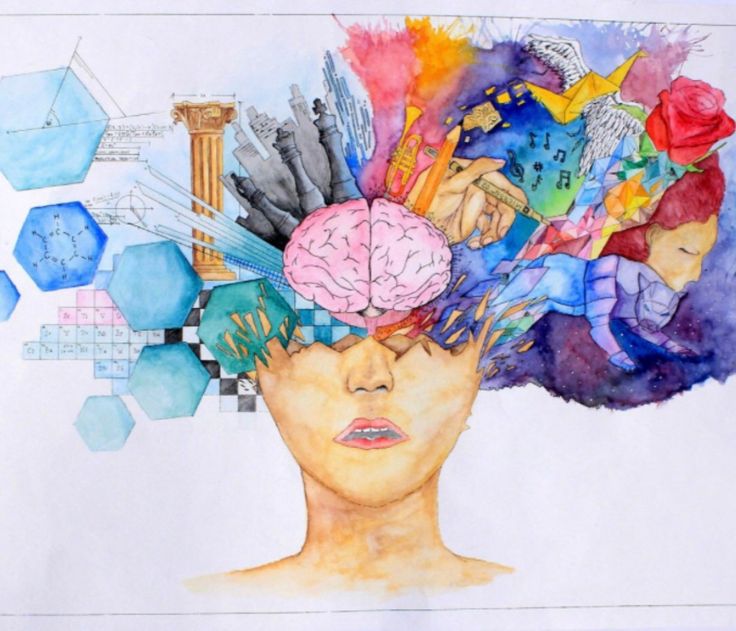My work as a therapist allows me the opportunity to be creative, to engage in continued learning, and to connect to people in such a beautiful and powerful way. I really love the job I get to do each day. For me though, one of the most exciting and fascinating parts about this work is a client’s ability to actually change their brain through psychotherapy.
I’ve always been intrigued by the brain and brain science. The human brain is composed of approximately 100 billion neurons. Early researchers believed that neurogenesis, or the creation of new neurons, stopped shortly after birth. Many professionals contended that the adult brain was essentially unchangeable.
Neuroscience research over the years has conclusively shown the exact opposite – the human brain is experience-dependent and actively changes throughout our lives. The human response to therapy, at its core, reflects the capacity of the brain to adapt to changes in the environment. Neuroscientists have found that this neuroplasticity is the most fundamental property of the human nervous system. We’ve learned that not only can it form new neurons into adulthood, but the brain in general is much more malleable than was once thought. Speech, physical, occupational, and psychological therapy all work because of the brains ability to change.
We now know that the brain is constantly adapting and growing new brain cells in certain regions and that this happens for as long as we are alive. But how does the brain know how to develop? The answer lies in how we use it. In the same way as using certain muscles means they grow stronger, we know that different parts of the brain can do the same thing. So if you are using certain parts of your brain more than others, those parts of the brain will adapt in order to get even better at what they do. This is the basis for how therapy can truly change the brain.
Studies have also shown that mental health concerns such as depression can be increased through the particular ways we have used the brain in the past. For example different patterns of negative thinking, and thinking errors can occur if the parts of the brain that handle them are often used together. One of the principles of cognitive behavioral therapy is that our thoughts can impact the way we feel in a very direct way. Over the long term, negative thought patterns or cognitive distortions can actually cause the brain to be more tuned to feeling down or depressed.
Neuroplasticity is a key element of psychotherapy. When people in therapy learn new coping skills, they are literally building the neural connections that promote resilience. As people learn new habits, their new synapses will replace the connections that prompted unhealthy behaviors and cognitive distortions.
In psychotherapy, we may spend a lot of time exploring current situations that a client wants to understand further while also analyzing the past – we try to unravel the relationship between the past and the present. However much we might think we are over something, our brains might not be as over it as we hope. Neuroscientists hypothesize that the brain creates predictions based on assumptions it has made from experiences in our past. Sometimes, there is a mismatch between the information the brain is receiving in the present and what has happened in the past. In scientific language, this is called a prediction error – the brain realizes that what it is predicting is not actually happening. In essence, the brain then has to update its assumptions.
This is what we aim for in therapy. We try to understand the relationship between the past and present, challenge our perceptions, and essentially update the assumptions the brain makes and the hypotheses that it generates. As a result instead of experiencing the world as unreliable and untrustworthy, a safe therapy setting can provide a reliable and trusting environment that will hopefully enable a different type of experience. As a person learns and develops new behaviors, those changes are embodied in the brain’s neural networks.
The brain has an amazing ability to change throughout the course of our lives. With time and intention, we are able to retrain our brains to make healthier and kinder predictions about ourselves, others, and the nature of the world.
Rebecca Bowers, MA LMFT
Individual and Family Therapist
Lakes Center for Youth and Families


Recent Comments